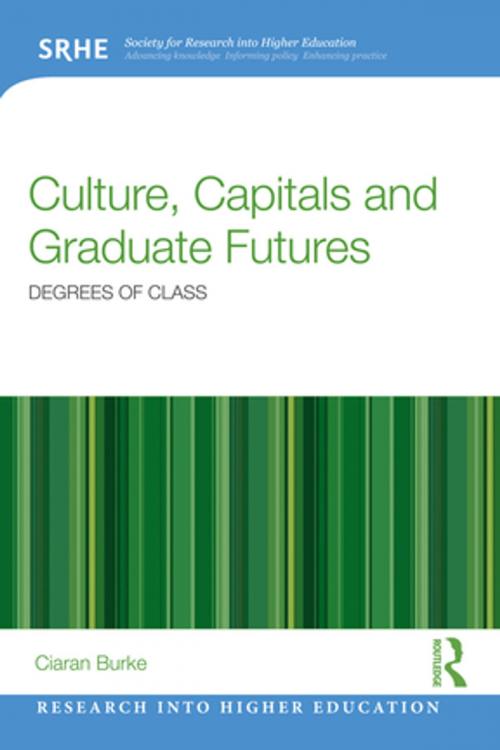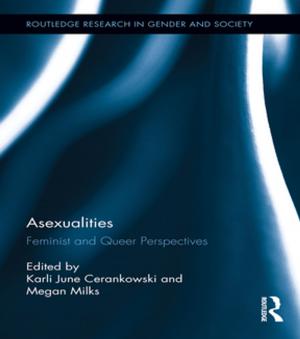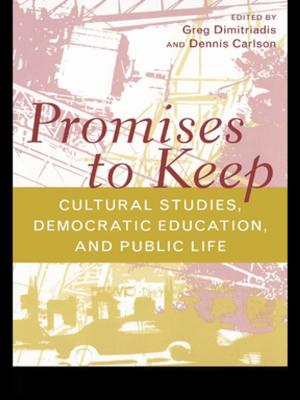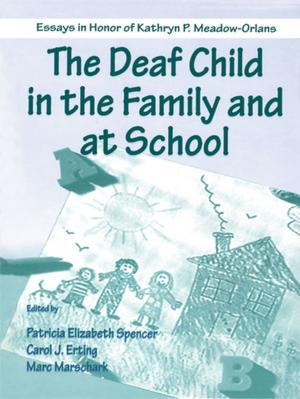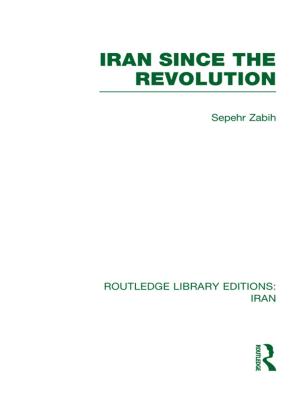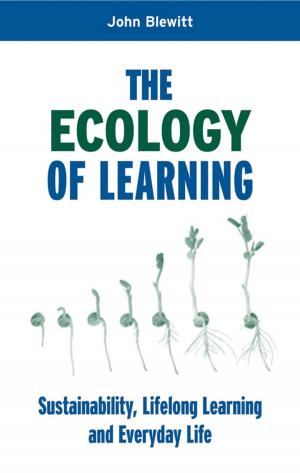Culture, Capitals and Graduate Futures
Degrees of class
Nonfiction, Reference & Language, Education & Teaching, Higher Education| Author: | Ciaran Burke | ISBN: | 9781317556107 |
| Publisher: | Taylor and Francis | Publication: | August 27, 2015 |
| Imprint: | Routledge | Language: | English |
| Author: | Ciaran Burke |
| ISBN: | 9781317556107 |
| Publisher: | Taylor and Francis |
| Publication: | August 27, 2015 |
| Imprint: | Routledge |
| Language: | English |
In a time of too many graduates for too few jobs, and in a context where applicants have similar levels of educational capital, what other factors influence graduate career trajectories? Based on the life history interviews of graduates and framed through a Bourdieusian sociological lens, Culture, Capitals and Graduate Futures explores the continuing role that social class as well as cultural and social capitals have on both the aspirations and expectations towards, and the trajectories within, the graduate labour market.
Framed within the current context of increasing levels of university graduates and the falling numbers of graduate positions available in the UK labour market, this book provides a critical examination of the supposedly linear and meritocratic relationship between higher education and graduate employment proposed by official discourses from government at both local and national levels.
Through a critical engagement with the empirical findings, Culture, Capitals and Graduate Futures asks important questions for the effective continuation of the widening participation agenda. This timely book will be of interest to higher education professionals working within widening participation policy and higher education policy.
In a time of too many graduates for too few jobs, and in a context where applicants have similar levels of educational capital, what other factors influence graduate career trajectories? Based on the life history interviews of graduates and framed through a Bourdieusian sociological lens, Culture, Capitals and Graduate Futures explores the continuing role that social class as well as cultural and social capitals have on both the aspirations and expectations towards, and the trajectories within, the graduate labour market.
Framed within the current context of increasing levels of university graduates and the falling numbers of graduate positions available in the UK labour market, this book provides a critical examination of the supposedly linear and meritocratic relationship between higher education and graduate employment proposed by official discourses from government at both local and national levels.
Through a critical engagement with the empirical findings, Culture, Capitals and Graduate Futures asks important questions for the effective continuation of the widening participation agenda. This timely book will be of interest to higher education professionals working within widening participation policy and higher education policy.
